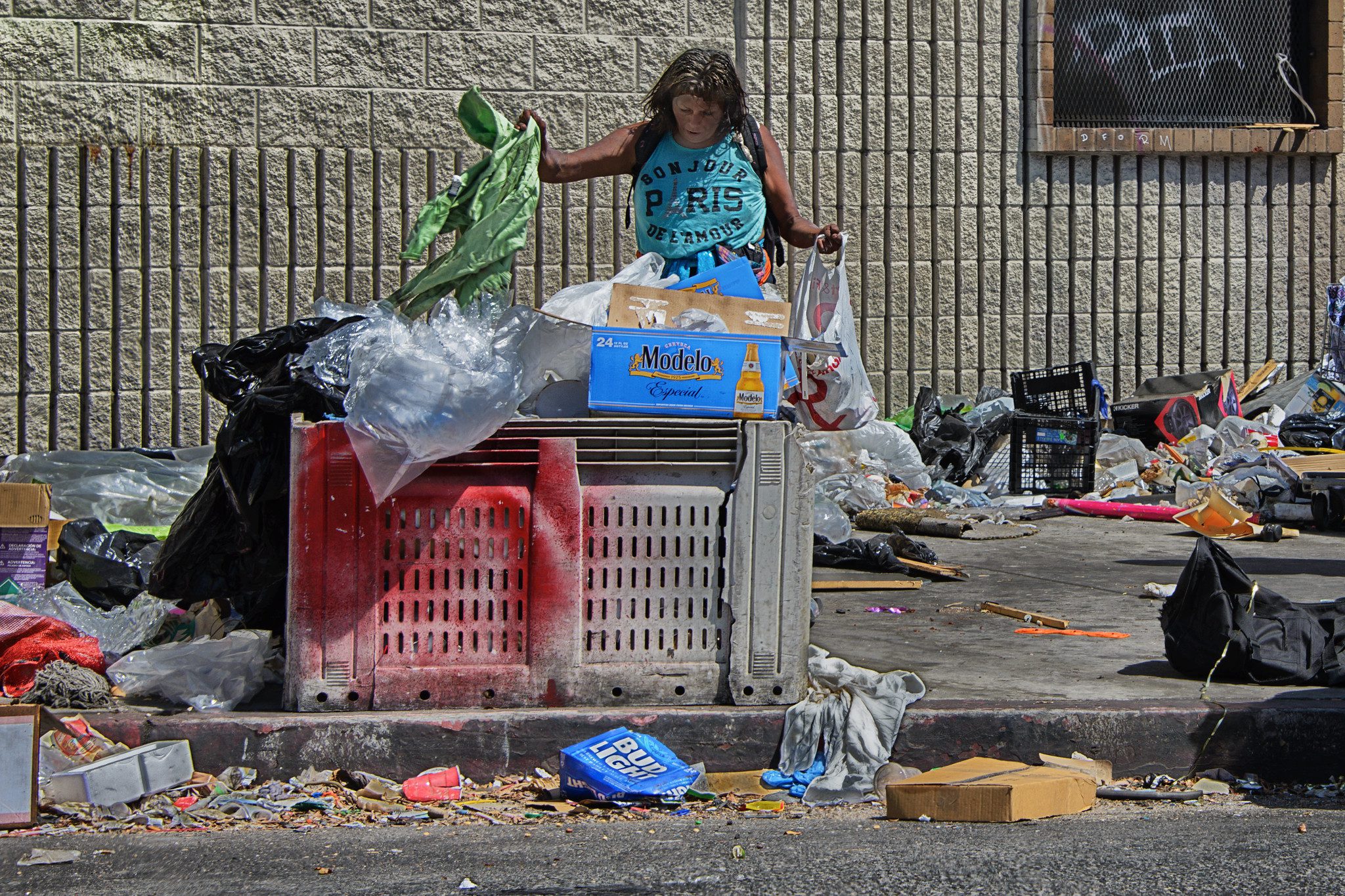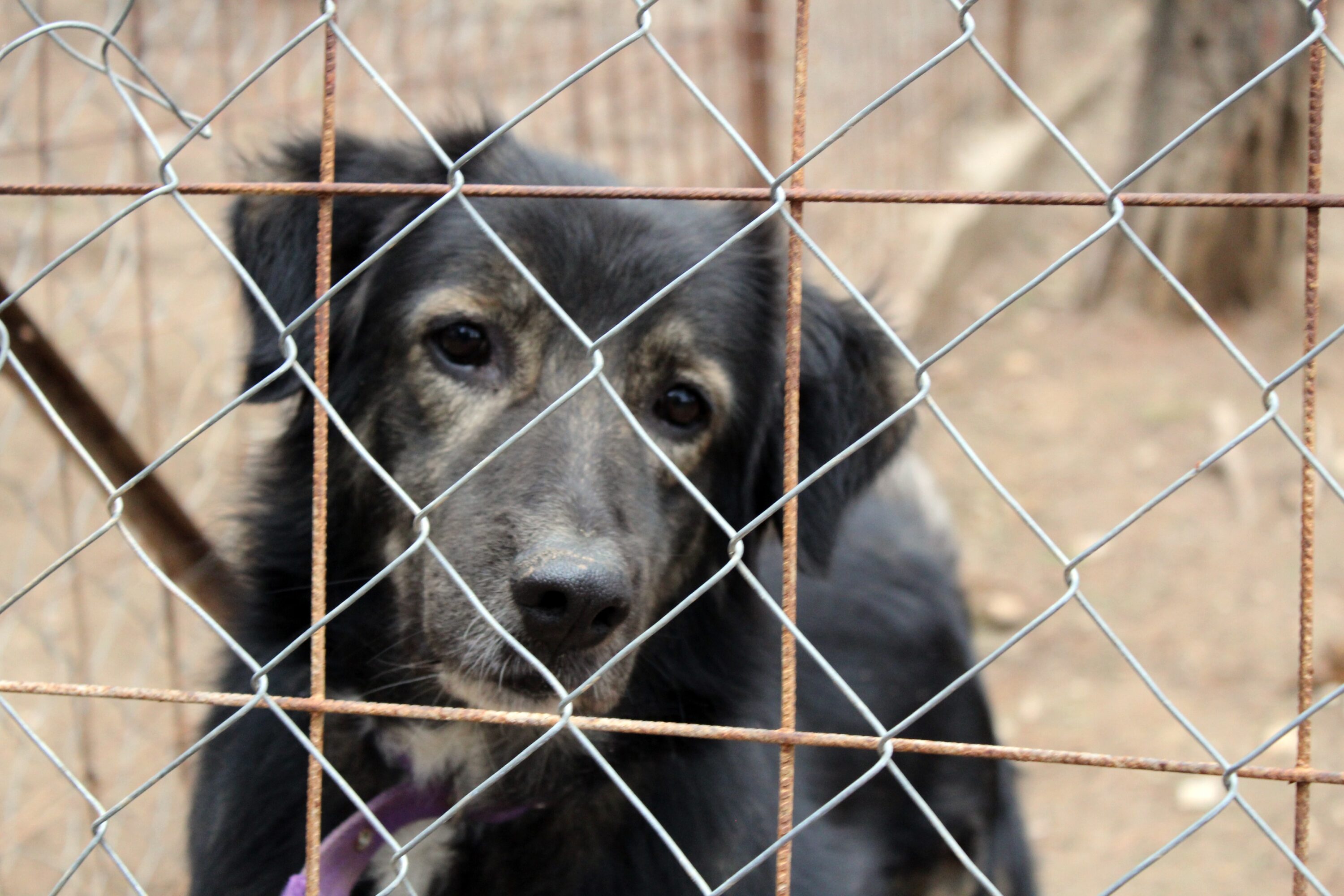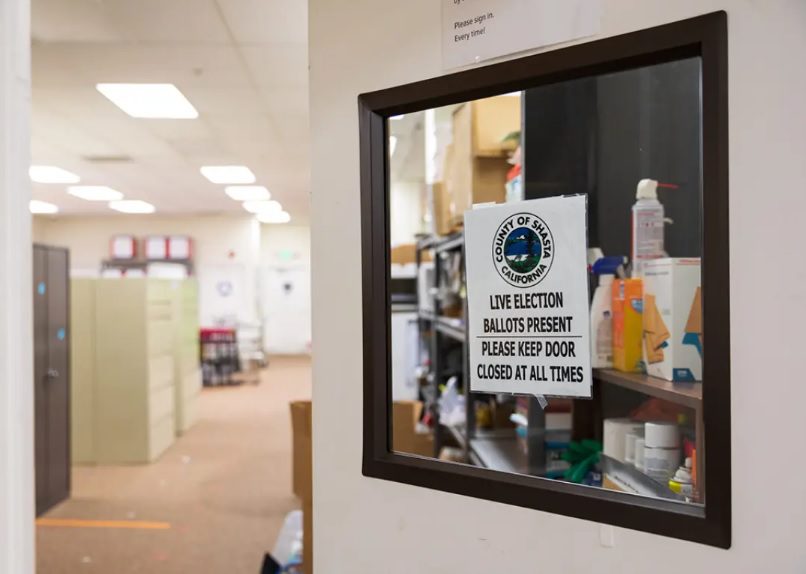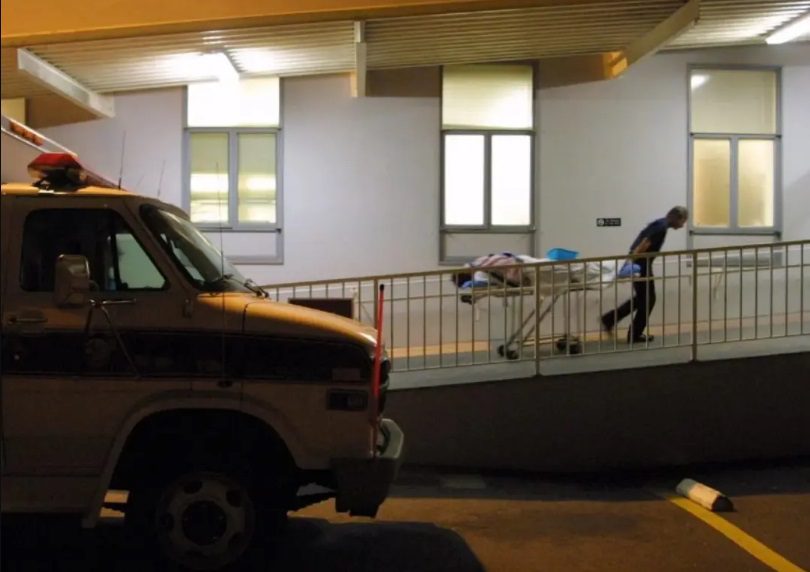In response to a 2022 report citing personal safety as a common barrier for women accessing shelter, the Los Angeles City Council Friday approved a motion seeking to enhance city programs to better serve women, the LGBTQ+ community, survivors of domestic violence or intimate partner violence moving through the rehousing system.
The Council voted 14-0, with Councilman Marqueece Harris-Dawson absent during the vote, to approve the motion introduced by all seven councilwomen on Aug. 2.
The motion instructs the Community Investment and Families Department and the Los Angeles Homeless Services Authority to report back within 90 days with recommendations to better support vulnerable groups experiencing homelessness in consideration of the findings of the 2022 Los Angeles County Women’s Needs Assessment.
Additionally, the motion instructs a second report analyzing current protocols or requirements regarding client/resident safety at city-funded shelters, interim housing and permanent housing facilities. The report should offer recommendations for increasing safety measures.
“This motion will work to enhance our city services for these vulnerable populations, while also increasing non-punitive safety measures and are interested in permanent supportive housing sites in order to address a key barrier that prevents DV (domestic violence) survivors and women from coming indoors,” Councilwoman Katy Yaroslavsky, who led the effort on the motion, said prior to the vote.
On July 13, the Downtown Women’s Center in conjunction with the Los Angeles County Homeless Initiative released its findings from the 2022 Los Angeles County Women’s Needs Assessment.
The report — written in partnership with the center, Washington, D.C.- based think tank Urban Institute and nonprofit HUB for Urban Initiatives — was based on a survey completed by 580 women and listening sessions with nearly 100 others from across all eight Service Planning Areas in L.A. County.
According to the motion, the assessment represents “the single most extensive research effort ever conducted to understand the unique needs of unaccompanied women, who are experiencing homelessness without children or other dependents.”
Per the 2022 homeless count, there were 14,403 unaccompanied women (without dependents) — constituting 68% of all women experiencing homelessness — without stable housing in the Los Angeles Continuum of Care.
That data has most likely increased, as of the results of the point-in- time count conducted in January, there were 75,518 people experiencing homelessness in the county, and 46,260 in the city of Los Angeles.
That’s up from 69,144 in the county last year, and 41,980 in the city.
The motion states, “Amongst the most striking themes from the report is the emphasis on safety, and its relative absence, for unaccompanied women both experiencing unsheltered homelessness and those moving through the rehousing system.”
“Safety was one of the single most important criteria for housing, and the most common barrier to accessing shelter cited by respondents was concerns for personal safety,” the motion reads. “These finding are particularly salient in light of the fact that 90% of respondents noted some history of victimization in their lifetimes.”
The report also highlighted the connection between domestic and intimate partner violence and homelessness. The most common reason for leaving permanent and stable housing, cited by 29% of respondents, was domestic and intimate partner violence.
While the city has taken some steps to improve its homeless response systems under a “gender equity lens” such as through the development of Project Safe Haven to house 3,000 domestic violence and intimate partner violence survivors during the height of the COVID-19 pandemic, the reports noted “gaps” in the city’s efforts to address the needs of these vulnerable populations.







